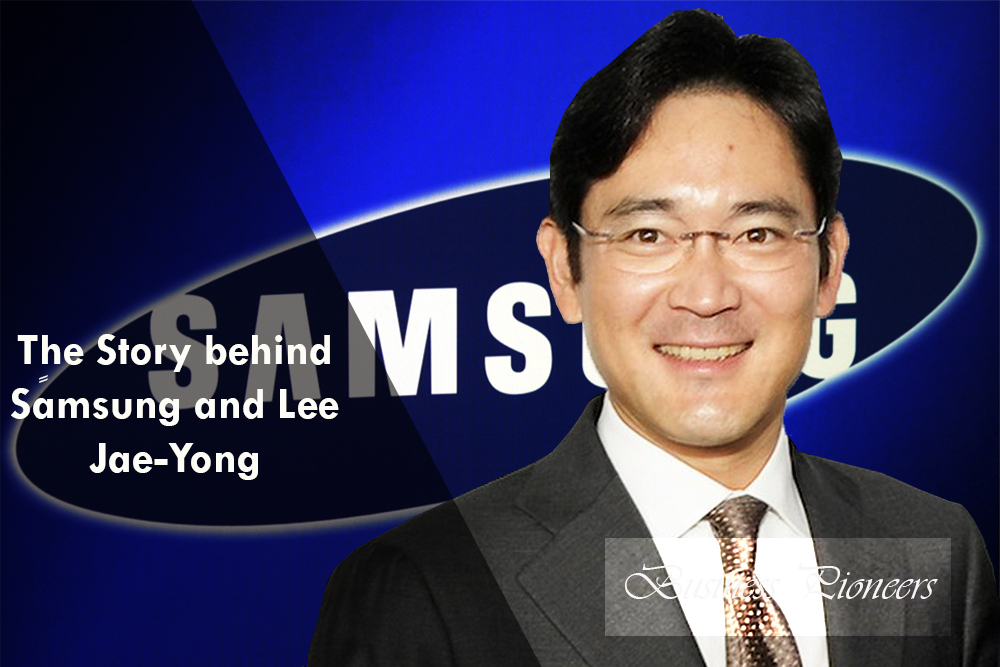Lee Jae-yong, the de facto leader of Samsung, has made a groundbreaking announcement that could reshape the future of South Korea's corporate landscape. In a significant departure from traditional practices, Lee has confirmed that he will not pass on the management of Samsung to his children. This decision marks the end of the chaebol system's reliance on familial succession, a practice deeply embedded in South Korean business culture. By breaking this pattern, Lee aims to distance Samsung from a history marred by scandals and corruption, signaling a new era for the conglomerate.
The chaebol system, where large family-owned conglomerates dominate the economy, has been a cornerstone of South Korea's corporate identity. Under this model, companies like Samsung have often been controlled by a single family, leading to a concentration of power and influence. With Lee's decision, it appears that he is not only prioritizing the future of Samsung but also challenging longstanding norms that have defined South Korean businesses for generations. This move could potentially inspire other conglomerates to reconsider their leadership structures.
Lee Jae-yong's journey has not been without controversy. He was previously embroiled in a high-profile corruption scandal that resulted in his conviction and imprisonment. Yet, he has emerged from this tumult with a renewed focus on ethical governance and corporate responsibility. By allowing professional managers to lead Samsung, he opens the door for a more transparent and accountable organizational structure, one that could foster innovation and adaptability in an ever-changing global market.
Table of Contents
- Biography of Lee Jae-yong
- Lee's Decision to End Dynastic Control
- Impact on Samsung and South Korean Corporations
- Final Thoughts
Biography of Lee Jae-yong
Lee Jae-yong, also known as Jay Y. Lee, was born on June 23, 1968, in Seoul, South Korea. He is the son of Lee Kun-hee, the former chairman of Samsung Group, and has played a pivotal role in the family's business since he took on leadership responsibilities after his father's health declined in 2014. He graduated from Korea University with a degree in business administration and later pursued an MBA at Harvard Business School. Lee has been influential in steering Samsung towards innovation, particularly in technology and electronics.
| Personal Detail | Information |
|---|---|
| Name | Lee Jae-yong |
| Date of Birth | June 23, 1968 |
| Education | Korea University, Harvard Business School |
| Position | Vice Chairman, Samsung Electronics |
| Notable Events | Convicted on corruption charges in 2017 |
Lee's Decision to End Dynastic Control
In a notable shift, Lee Jae-yong has announced that he will not be passing the reins of Samsung to his children. This pivotal decision signifies a break from the traditional chaebol system, which has historically favored family succession. By choosing to elevate professional management over familial ties, Lee aims to modernize Samsung's leadership structure and distance the company from its controversial past.
This change comes in the wake of Lee's own legal troubles, where he faced corruption charges linked to bribing former South Korean President Park Geun-hye. His conviction and subsequent imprisonment highlighted the darker side of dynastic control within South Korean corporations. With his new approach, Lee seeks to establish a more ethical and transparent governance model, thereby restoring trust in Samsung and its leadership.
Lee's commitment to allowing employees to unionize and participate in collective bargaining further illustrates his dedication to reforming Samsung's corporate culture. This move not only represents a shift in leadership style but also a recognition of the importance of employee rights and welfare in fostering a positive work environment.
Impact on Samsung and South Korean Corporations
The implications of Lee Jae-yong's decision extend beyond Samsung itself. As one of South Korea's largest conglomerates, Samsung plays a critical role in the nation's economy, accounting for a substantial portion of its stock market. Lee's move to end dynastic control could signal a broader transformation in how South Korean businesses operate, potentially inspiring other chaebols to reevaluate their leadership structures.
This shift may also empower a new generation of leaders who are selected based on merit and experience rather than familial lineage. By prioritizing professional management, Samsung can adapt more effectively to global market changes and technological advancements. This new approach could enhance innovation and competitiveness, ensuring that Samsung remains at the forefront of the industry.
Moreover, Lee's decision may resonate with the public, especially in a country where corporate scandals have often been met with outrage. By taking a stand against dynastic control, Lee is positioning Samsung as a more responsible corporate citizen, which could improve the company's reputation both domestically and internationally.
Final Thoughts
Lee Jae-yong's decision to end dynastic control at Samsung represents a significant turning point for the company and the broader South Korean corporate landscape. As he navigates the challenges of modern business, Lee's leadership choices reflect a commitment to transparency, ethics, and empowerment of professional management. This revolutionary shift may set a precedent for other chaebols, signaling a move toward a more equitable and innovative future in South Korea's economic landscape.
Ultimately, as Samsung embraces this new direction, the effects of Lee's decision will likely unfold in the years to come, influencing not only the company's trajectory but also the evolution of corporate governance in one of Asia's most dynamic economies.




